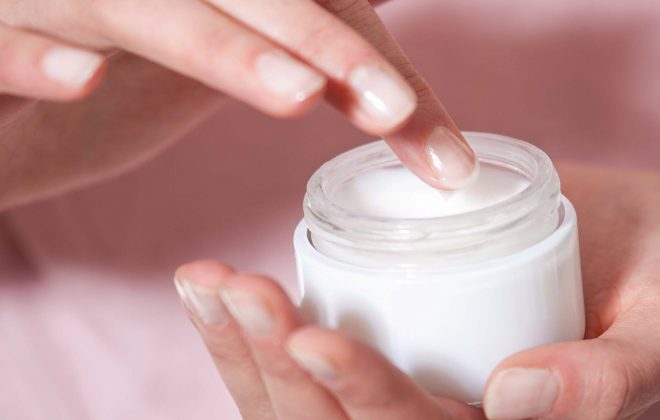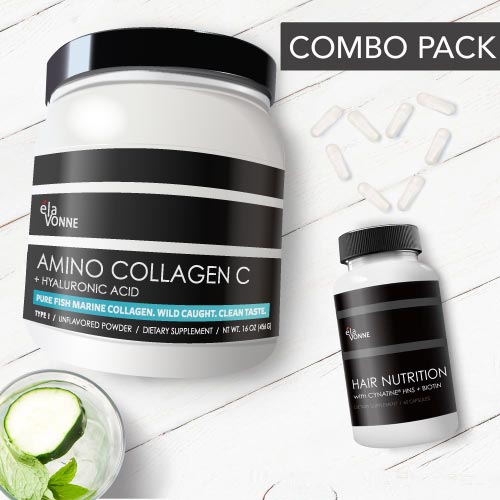Organic Fruit Extracts : An Anti-Aging Secret
Berries, citrus, melons—we love em’ because they are delicious. Over time, many cultures realized that these items had healthful attributes for skin health as well. For thousands of years, cultures have used organic fruit extracts as skin care remedies, and they work to reduce the visible signs of aging. In fact, skin care makers have spent millions in the lab trying to concoct chemicals that imitate the youth molecules in these organic fruit extracts.
Why Organic?
Organic fruit, which is grown organically without pesticides, genetic engineering, and other undesirable chemicals delivers the fullest benefit of the fruit. Organic fruit extracts from various berries and melons contain unique superoxide dismutase enzymes (SODs), antioxidants, and countless other “youth molecules” that work instinctively with your body to protect against the signs of aging.
Scientists have attempted to isolate these youth molecules from fruit, but the most benefit is delivered to the skin from the entire extract of the fruit.
When non-organic fruit extracts are made, the harmful chemicals are concentrated as well resulting in the presence of toxic reactive oxygen species (RODs) and other harmful molecules. While the benefits of the fruit are present, the concentration of undesirable elements in the fruit make it less beneficial in the long run for your overall health.
Related: 8 Nutrients That Protect Your Hormones
Top 7 Organic Fruit Extracts for Anti-Aging
Bilberry
Bilberry is a relative of blueberry, cranberry, and huckleberry. It contains Vitamin C and chemicals called anthocyanosides—plant pigments that have excellent antioxidant properties.
Antioxidants improve skin texture, tone and overall health by protecting from free radical damage and from UV rays. These nutrients also protect and stimulate your skin’s natural collagen production.
Related: Signs of Collagen Protein Deficiency
Bilberry fruit is also rich in tannins, a substance that acts as an astringent for the skin and serves as an anti-inflammatory. Ideal for improving skin immunity and strength, key factors of anti-aging skin care.
Organic Cranberry Seed oil
Due to it being rich in tocopherols, tocotrienols, phytosterols, phospholipids, and Vitamin A, cranberry seed oil is a superb emollient, lubricant and conditioner for the skin to fight wrinkles and fine lines. It supports the lipid barrier protection of the skin and assists in moisture retention.
Related: Nourishing Pomegranate Cleanser (with cranberry seed oil)
Organic Pomegranate Oil (Punica Granatum)
Contains several polyphenols (such as catechins, gallic and ellagic acids) andanthocyanidins (such as delphinidin, cyanidin, and pelargonidin) and its antioxidant activity is said to be higher than that of red wine and green tea.
Ellagic acid is a powerful molecule for brightening the skin and promoting an even complexion. Individuals challenging age spots would benefit from the nutrients delivered from pomegranate oil.
Related: Rejuvenating Rooibos Eye Treatment (with pomegranate oil)
Organic Orange Extract (Citrus auranium dulcis)
Acts as an emollient lubricating the skin’s surface, which gives the skin a soft and smooth appearance and fights wrinkles. Packed with vitamin C, orange extract is another powerful antioxidant youth molecule that promotes natural collagen production, even skin complexion, and skin immunity.
Coconut (Cocos nucifera)
Coconut is a great emollient and has cooling properties which help with irritated skin. Coconut has the unique ability of penetrating deeper into the skin without the use of artificial chemicals which are commonly used in skin care to help products penetrate the skin.
Coconut oil is an affordable and easily available organic product that is ideal for both cleansing and moisturizing.
Related: Morning Beauty Mistake #1: Cleaning Your Face
Organic Papaya Extract (Carica papaya)
This fruit contains the enzyme papain, which has powerful exfoliating properties (removing dead skin), and specifically damaged skin. Papaya extract promotes skin radiance and fortifies the skin during aging.
Another use is to help reduce and attenuate freckles or brown spots due to exposure to sunlight—smoothing and evening the skin. Papaya also has great antibacterial and wound healing abilities which makes it a powerful molecule to fight the signs of aging on the skin and even in the body.
Organic Pineapple Extract (Ananas comosus)
The extract made from organic pineapples has a variety of positive effects on the skin and contains amazing acids, enzymes, and age-defying molecules. It promotes elasticity while removing dead, damaged skin. It improves hydration and the skin’s ability to retain precious moisture.
Pineapple fruit contains alpha hydroxy acids, which help to promote skin cell turnover, moisture retention, and anti-aging action. The anti-fungal properties of organic pineapple extract work to purify the skin and improve its strength and immunity.
We love these ingredients, and they make the products they are in so much stronger. Not only are these organic fruits super healthy for your diet, promoting youthful beauty from the inside out, but applied topically, are absorbed deep into the skin to defy the signs of aging.
Related: Organic Skin Care Products That Fight Aging
Cites and References
Alscher RG, Erturk N, Heath LS (May 2002). “Role of superoxide dismutases (SODs) in controlling oxidative stress in plants”. Journal of Experimental Botany. 53 (372): 1331–41. doi:10.1093/jexbot/53.372.1331. PMID 11997379.
Campana F, Zervoudis S, Perdereau B, Gez E, Fourquet A, Badiu C, Tsakiris G, Koulaloglou S (2004). “Topical superoxide dismutase reduces post-irradiation breast cancer fibrosis”. Journal of Cellular and Molecular Medicine. 8 (1): 109–16. doi:10.1111/j.1582-4934.2004.tb00265.x. PMID 15090266.
Zillich, O. V., Schweiggert-Weisz, U., Eisner, P. and Kerscher, M. (2015), Polyphenols as active ingredients for cosmetic products. Int J Cosmet Sci, 37: 455–464. doi:10.1111/ics.12218
Int J Cosmet Sci. 2007 Feb;29(1):15-21. doi: 10.1111/j.1467-2494.2007.00354.x.
Topical proteolytic enzymes affect epidermal and dermal properties.
Smith WP1, Bishop M, Gillis G, Maibach H.






